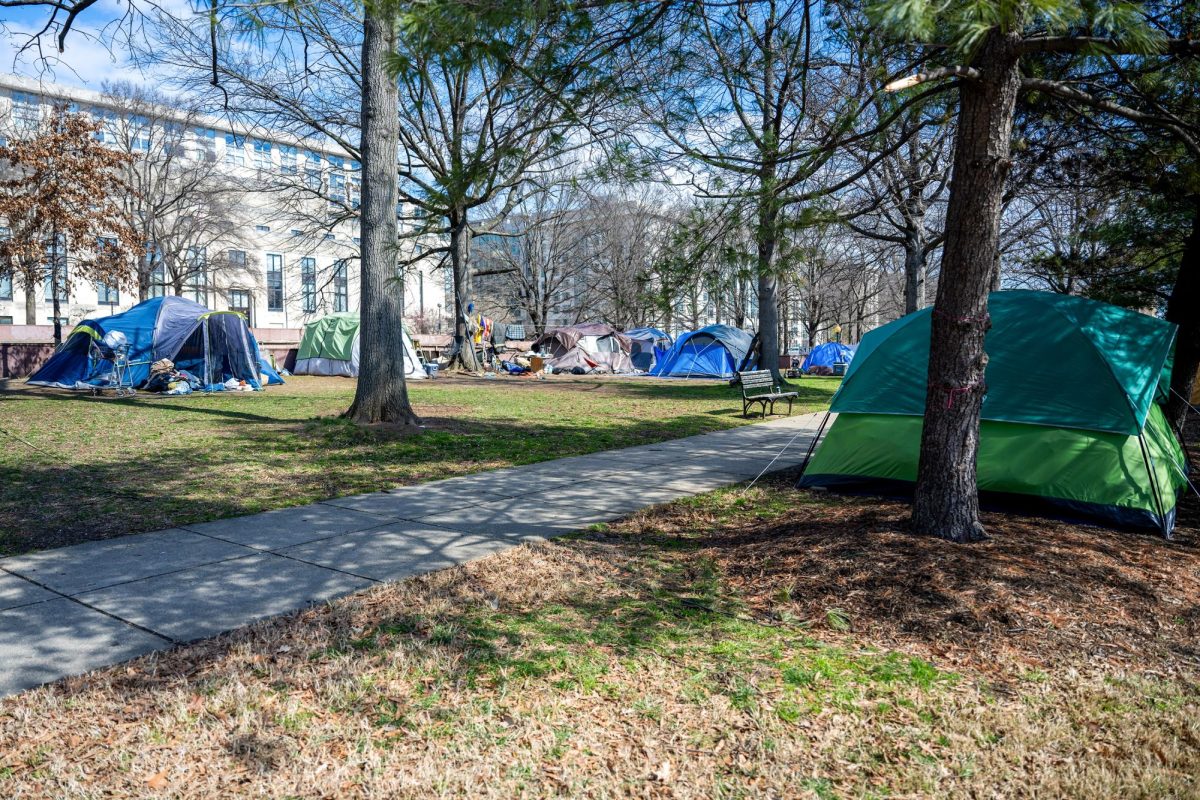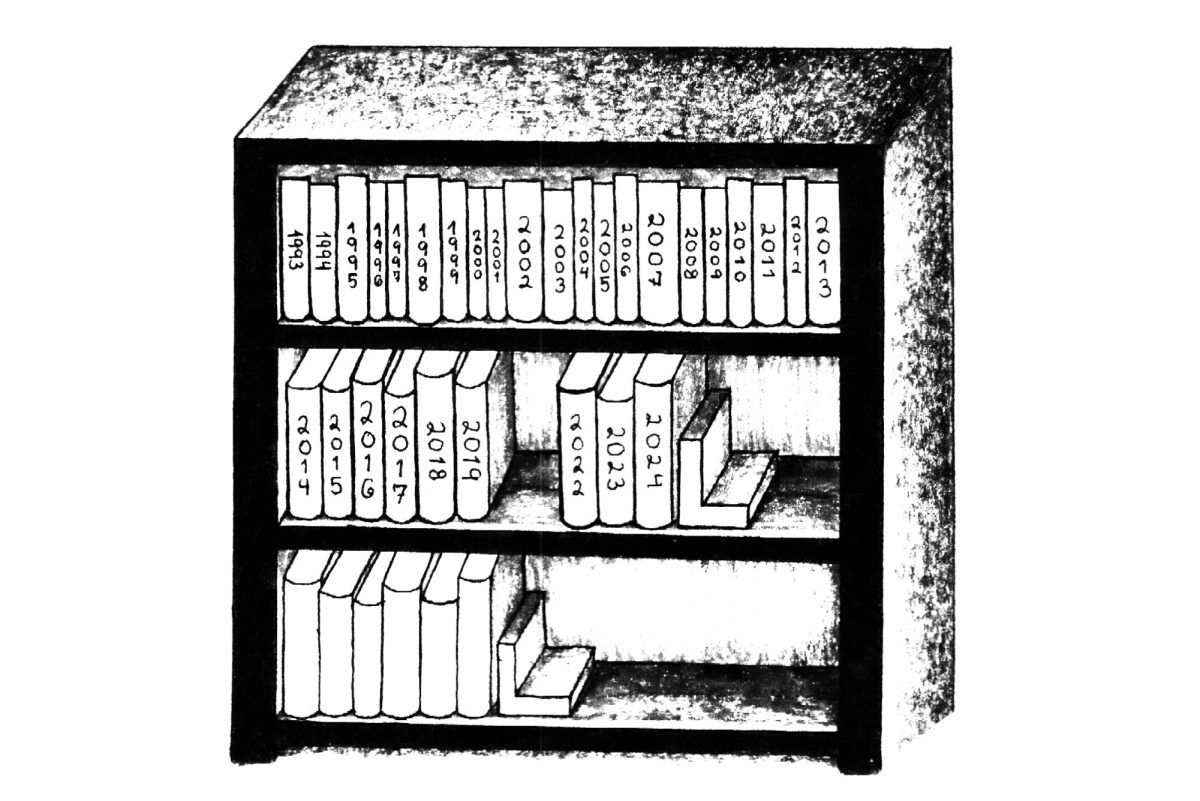D.C. officials cleared more than 90 unhoused residents from seven encampments in the neighborhood last week, a strategy to combat homelessness that we’ve grown to expect from the District after years of the same approach.
The District uses encampment clearings to manage the growing number of unhoused people in D.C., but evictions — often with little-to-no notice and a lack of a concrete plan for relocations — only sidestep homelessness in the city. When the city evicted dozens of people from McPherson Square in February 2023, the majority of them remained unhoused, relocating to other encampments like the one in Triangle Park. Yannik Omictin, a representative of a local governing body, said it best: D.C. residents are tired of the city using the same “traumatic policies” without any evidence of success.
When cities reduce the number of rules and regulations that impede affordable housing developments for unhoused populations, rates of homelessness decrease. But D.C. Mayor Muriel Bowser’s $21 million budget for fiscal year 2025 cuts funding for eviction prevention and homeless services and doesn’t provide any new funding for housing vouchers.
Officials planned to convert The Aston, a building on New Hampshire Avenue that formerly housed a University residence hall, into a homeless shelter by November, the first of its kind in the District and the first shelter in Ward 2. Had the city not pushed back the opening date to August due to delays in finding a provider and contract negotiations, The Aston may have provided housing to some of the people displaced in last week’s clearing. But the shelter’s construction marks a promising first step in an approach to ending homelessness by expanding housing for those who need it.
Advocates in D.C., including Foggy Bottom and West End’s own governing body, have led the charge in urging the District to stop encampment clearings and act with policy, not sweeps, when humanitarian issues arise and persist. At this moment, we must remember the University’s responsibility — and our own — to match their call.
Urban universities raise housing prices in surrounding areas, and GW is one of the largest landowners in D.C., with a past of contributing to gentrification and displacement due to its rapid real estate expansion throughout the District. A previous editorial board once stated, the University “holds the cards” to developments that direct real impacts for our neighborhood and its people. When unaffordable housing is a root cause of homelessness in the District, these encampments become GW’s concern too.
The District — and the University community — won’t be able to end homelessness in one fell swoop. But we must acknowledge our responsibility to our community by calling upon D.C.’s leaders to advocate for policy that combats homelessness in solutions without sweeps. Help support the work of housing advocates by volunteering at local shelters or food kitchens. We must come together as a neighborhood to acknowledge the humanity of our neighbors and push for a better reality for our entire community.
The editorial board consists of Hatchet staff members and operates separately from the newsroom. This week’s staff editorial was written by Editorials Assistant Paige Baratta based on discussions with Former Contributing Culture Editor Jenna Baer, Contributing Social Media Director Anaya Bhatt, Research Assistant Carly Cavanaugh, Opinions Editor Andrea Mendoza-Melchor, Culture Editor Nick Perkins, Contributing Opinions Editor Madie Turley and Social Media Director Ethan Valliath.



